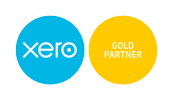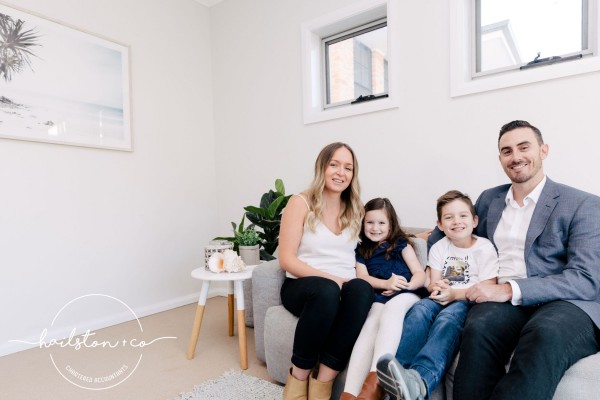With the new financial year commenced, we would like to provide an update on the contribution caps for the 2021 financial year.
Blog
Don’t ignore the early warning signs of a business in distress
Understanding and the early identification of warning signs that a business may be (or about to be) experiencing distress can really be life or death.
The end of the financial year can feel like a blur of papers, numbers and money, that’s not even considering what we have just been through (and to be honest will be going through for quite some time!).
The NSW Government has announced a new grant available for small businesses affected by COVID-19. This grant was made available from 1 July 2020.
Due to the COVID-19 pandemic, there has been an unprecedented rise in the number of people working from home.
The ATO have introduced a temporary simplified method when claiming a deduction for working from home during the COVID-19 period.
While the worst of the pandemic is (hopefully) behind us, trustees still have difficult questions to ponder as they focus on how best to position their SMSF in 2020-21, as well as meet their annual regulatory obligations for 2019-20.
The end of financial year upon us, and in the midst of COVID-19, there is still a real need to review your business strategy and operational plans.
Below is a quick checklist of what should be considered at this time.
The Instant Asset Write-Off threshold has been extended for six months to 31 December 2020. The increased threshold is designed to further assist business by bringing forward tax deductions for eligible expenditure.
The NSW Government is providing financial support in an attempt to reduce financial pressures resulting from COVID-19.
The Australian Taxation Office (ATO) have now released guidance on the process for accessing superannuation early from SMSFs and other superannuation funds to assist in cushioning the adverse economic effects of Coronavirus.
On the 8th of April the Australian Government passed the legislation to enable the much talked about JobKeeper payments. To ensure compliance with the scheme, we have outlined below the step by step process employers will need to take&l
On 30th of March 2020 the Australian Government released a further $130 billion economic response package to address the impact of coronavirus [COVID-19].
The Government has released a second major economic rescue package to help the economy withstand and recover from the economic impact of coronavirus (COVID-19). Included in this package were two measures in relation to superannuation.
I wanted to send you a note to let you know we are open for business and here to help you in these difficult times.
Our priority is to ensure you can keep your business open.
If you have suffered as a result of the bushfires then there’s no need to worry about your tax obligations right now.
To be clear, a self-managed superannuation fund (SMSF) can acquire property from a related party only where the property is deemed to be business real property. Further that transaction must be transacted at normal arm’s length market rates
If you have purchased a block of vacant land in the past, you may be entitled to claim certain deductions for expenses incurred in holding the land.
Payroll tax can be a confusing topic. You may think that you already pay payroll tax as an employer, but this is an additional tax to the employer separate from PAYG Withholding requirements.
When was the last time you sat down and really reviewed your finances – I mean top to bottom?
What you will more than likely find is that you are losing money through unhealthy and unnecessary wastage. This wastage will take many forms.
Land tax is a tax paid to the State Government by owners of land. Land tax is calculated by the combined value of taxable property – not based on each individual piece of land.
Our Affiliations























